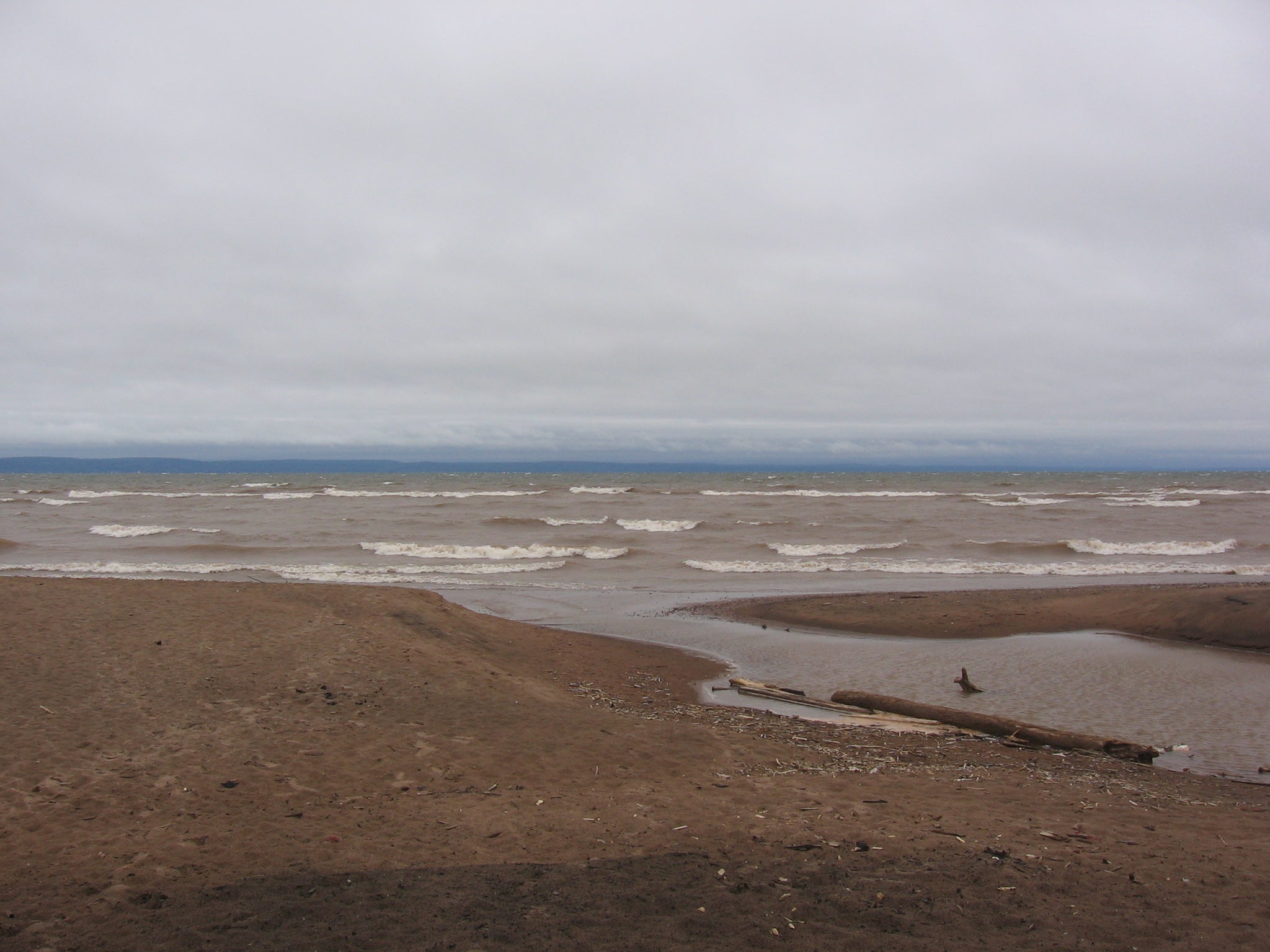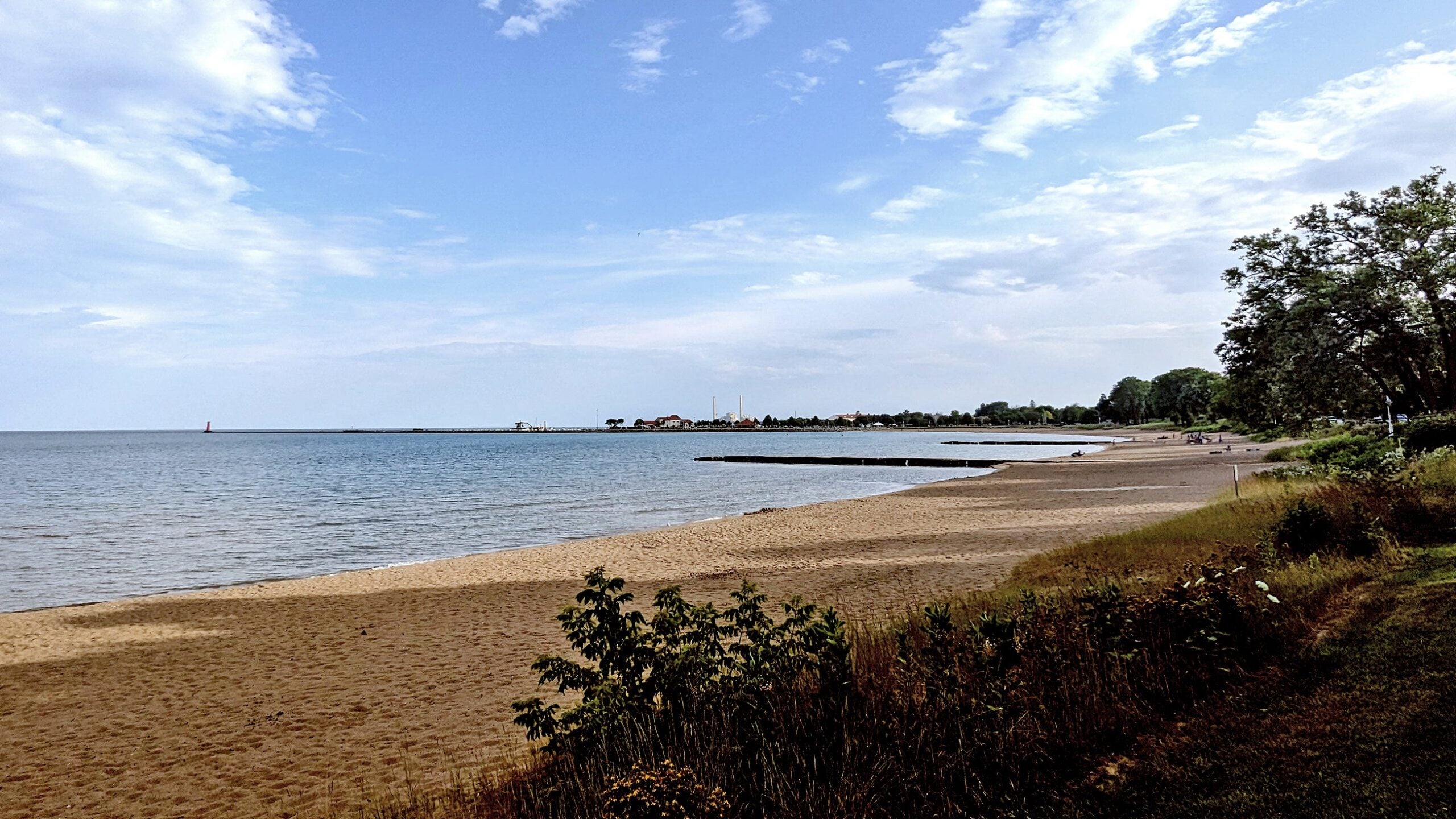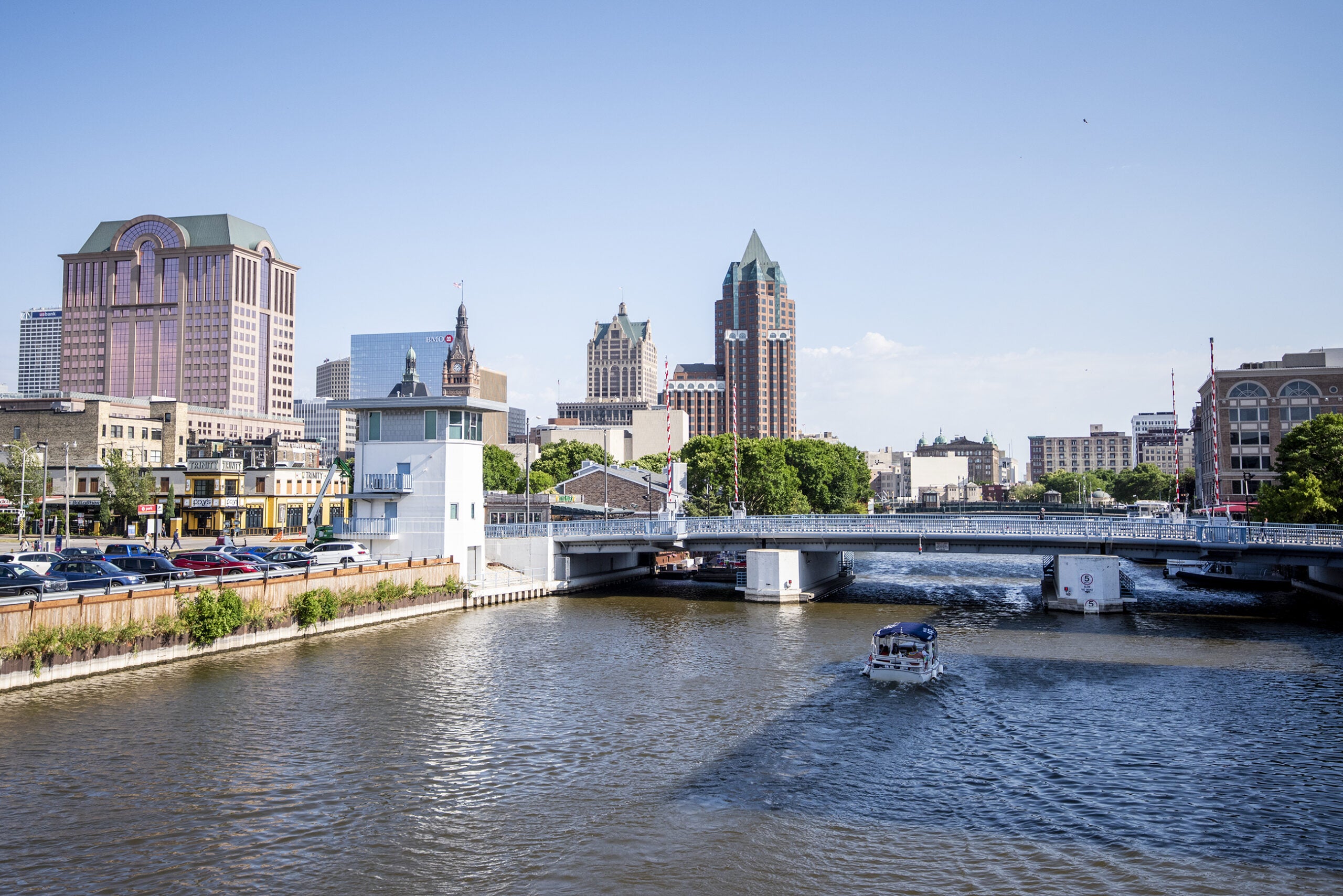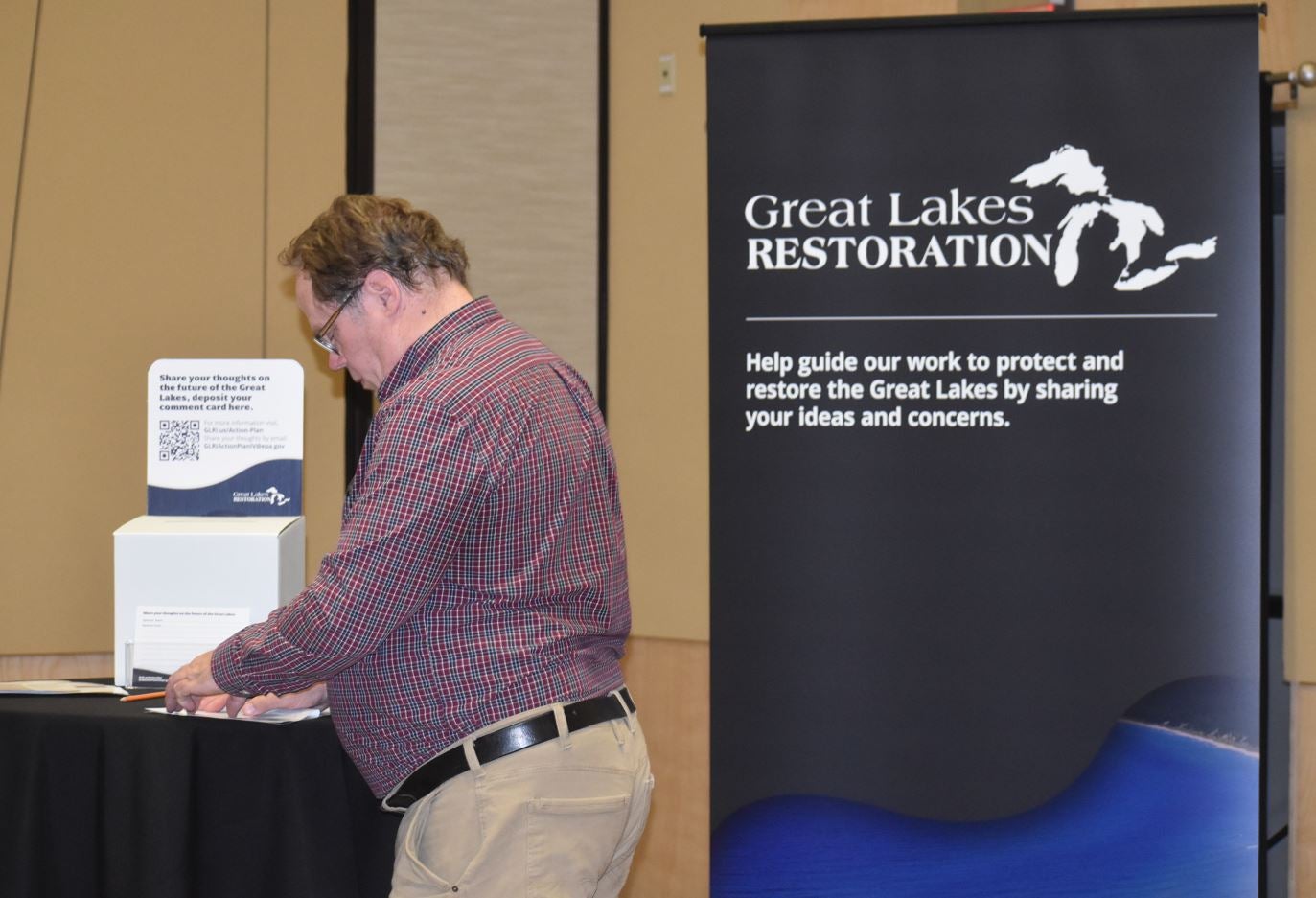The U.S. Environmental Protection Agency will no longer provide money from the Great Lakes Restoration Initiative for public outreach programs in the region.
The Lake Superior Binational Forum is one of five forums that have been a voice for people living around the lake on how it’s managed. Forum Coordinator Lissa Radke said states and tribes are being asked to support outreach on their own, a move, Radke said, they’d like the EPA to reconsider.
“We want to continue to encourage people to do great things for the lake in their backyards, in their businesses, when they recreate, when they come up and visit,” said Radke. “We want to be a vital part of keeping the Lake Superior basin working together with lake users and lake managers.”
Stay informed on the latest news
Sign up for WPR’s email newsletter.
David Ullrich is a former deputy regional administrator for the EPA and is currently the executive director of the Great Lakes and St. Lawrence Cities Initiative. He said the EPA’s decision to withdraw funding is unfortunate.
“I hope that there is a way to keep this wonderful—particularly Lake Superior—community together that has worked so effectively together over the last 20 years,” Ullrich said.
EPA spokeswoman Phillippa Cannon provided the following statement on the cuts to outreach funding:
“EPA provided funding to the Lake Superior Binational Forum for several years – even after Canada stopped providing funding to the Binational Forum in 2011. However, Congress has increasingly directed EPA to focus Great Lakes Restoration Initiative resources on actual on-the-ground and in-the-water restoration and protection work – not the type of public meetings and information campaigns carried out by groups like the Lake Superior Binational Forum. In the future, public outreach and engagement activities will be directly undertaken by the U.S. and Canadian federal, state, provincial, tribal and local governmental agencies that are responsible for managing Lake Superior and the other Great Lakes.”
EPA Great Lakes National Program Office Director Chris Korleski cited decreasing congressional appropriations as one reason not to award the Forum any additional funds.
“This fiscal uncertainty and concerns about potentially lower levels of funding only makes us even more driven to complete as much physical restoration/protection work as we can, because we do not know how long we will be provided with funding that allows us to get meaningful work done,” Korleski wrote in a separate email.
Korleski referenced the need to complete restoration work in Areas of Concern (AOC) identified by the agency. The EPA has identified 43 areas with environmental degradation within the U.S. and Canada, according to its website.
President Obama is proposing to cut $50 million from GLRI.
Wisconsin Public Radio, © Copyright 2024, Board of Regents of the University of Wisconsin System and Wisconsin Educational Communications Board.





